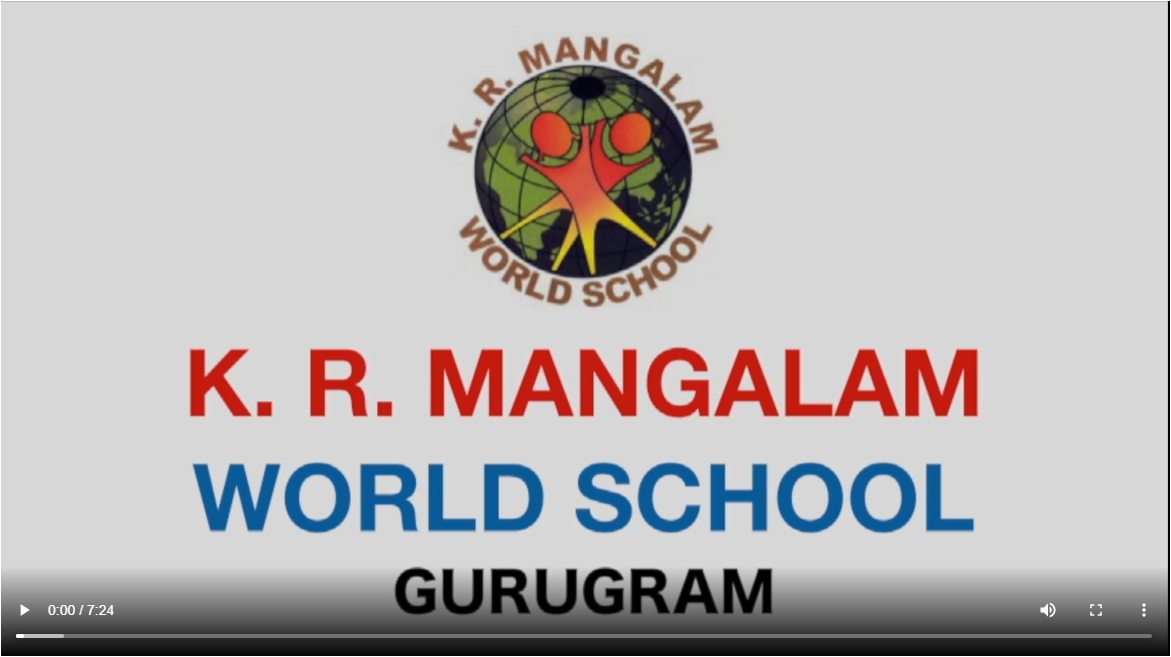Integrating Life Skills Education into the Classrooms
In today’s constantly changing environment, life skills education is essential for students to meet everyday challenges. Providing students with life skills education allows them to face real-life challenges with confidence and courage.
Furthermore, to cope with the increasing pace and change of modern life, students need new life skills such as communication, collaboration, problem-solving, decision-making, self-management, and self-help skills such as personal grooming, cooking and laundry. In this blog post, we will cover the importance of life skills in education and how to develop these skills among students and children.
Importance of Life Skills for Students
The purpose of life skill education is to equip children with the essential skills and competencies necessary for personal development, interpersonal relationships, and success in all aspects of life. Providing life skills education to children helps them make responsible decisions, adapt effectively to different situations, and deal with the challenges of everyday life.
According to the National Education Policy 2020, life skills education plays a crucial role in the classroom. These skills are crucial for the overall well-being, including emotional well-being and mental health, and holistic development of students. In addition to stress management, emotional regulation, and resilience-building programs, life skill education emphasises the need for stress management and emotional regulation programmes.
How to Develop Life Skills Education Among Students and Children?
Students who possess life skills can adapt to challenges in their daily lives effectively (WHO, 1997). They can benefit from life skills education in terms of physical, mental, and emotional well-being. In other words, the concept of skill education refers to the ability to adapt to changing circumstances and to be flexible in approach. Even in difficult situations, positive behaviour implies that someone is forward-looking and looks for solutions, opportunities, and hope.
To develop life skills education among students and children, the following skills can be instrumental:
Decision-Making Skills
Having the ability to make decisions refers to the ability of an individual to come up with the best decision after carefully considering all available options and circumstances. It is a fundamental part of our personal lives as well as our educational lives to make decisions. By making decisions, we can constructively deal with our lives.
Problem-solving skills
A problem-solving skill is the ability to resolve a problem efficiently and effectively without any impediments. Using problem-solving techniques in our everyday lives, we can resolve problems constructively. When significant problems go unresolved, they can cause mental stress.
Creative thinking
Creative thinking ability is the capacity to generate innovative ideas, solve problems in unique ways, and think outside conventional boundaries. It involves flexibility in thought, the ability to make connections between seemingly unrelated concepts, and a willingness to explore new possibilities.
Interpersonal relationship
Interpersonal relationships refer to the connections and interactions between two or more individuals. These relationships can be personal, professional, or social and are characterised by communication, emotional exchanges, and shared experiences. Healthy interpersonal relationships often involve trust, empathy, and mutual support.
Empathy
A person with empathy can imagine what life is like for another person in a situation they may not be familiar with. By empathising with others, we can understand and accept those who are different from us, which can enhance social interactions between people. Tolerance or nurturing behaviour can also be encouraged through empathy toward people who need assistance or care.
Coping with Stress
Stress management involves recognising the sources, understanding how they affect us, and taking steps to control our stress levels. By reducing the sources of stress, we can reduce stress. Stress can also lead to health problems, so learning how to relax can prevent them from occurring.
Conclusion
In today’s world, things are changing at a very fast pace. Children need to be prepared for an ever-changing future. To be able to adapt to new situations, work collaboratively, think outside the box, and use failures as learning milestones are important life skills that learners should possess to succeed in the future.
At K.R. Mangalam World School, Best School in Vaishali, we provide an environment where students can develop the ability to see relationships between subjects, content, and skills, as well as between school and life outside of the classroom. We integrate life skill development with a normal curriculum rather than considering it as a non-curricular activity. Gradually, the acceptance of participatory learning will get momentum, ensuring our students lead healthy lives.
Frequently Asked Question
- What is meant by early childhood education?
An early childhood education is a programme designed for the children between ages zero to the start of primary education.
- Why is life skills education important?
Life skills education aims at the holistic development of a child’s social, emotional, cognitive, and physical needs. It lays a solid and broad foundation for lifelong learning and well being.
- How does early childhood education prepare my child for success?
Early childhood education fosters essential skills such as critical thinking, social interaction, and emotional regulation, laying a strong foundation for future learning. It promotes a love for exploration and curiosity, equipping children with the tools needed to navigate academic and life challenges successfully.
- How does K.R. Mangalam World School approach life skills education?
At K.R. Mangalam World School, we offer comprehensive early childhood plans designed to provide a stimulating, supporting environment where children can grow and develop important life skills.





